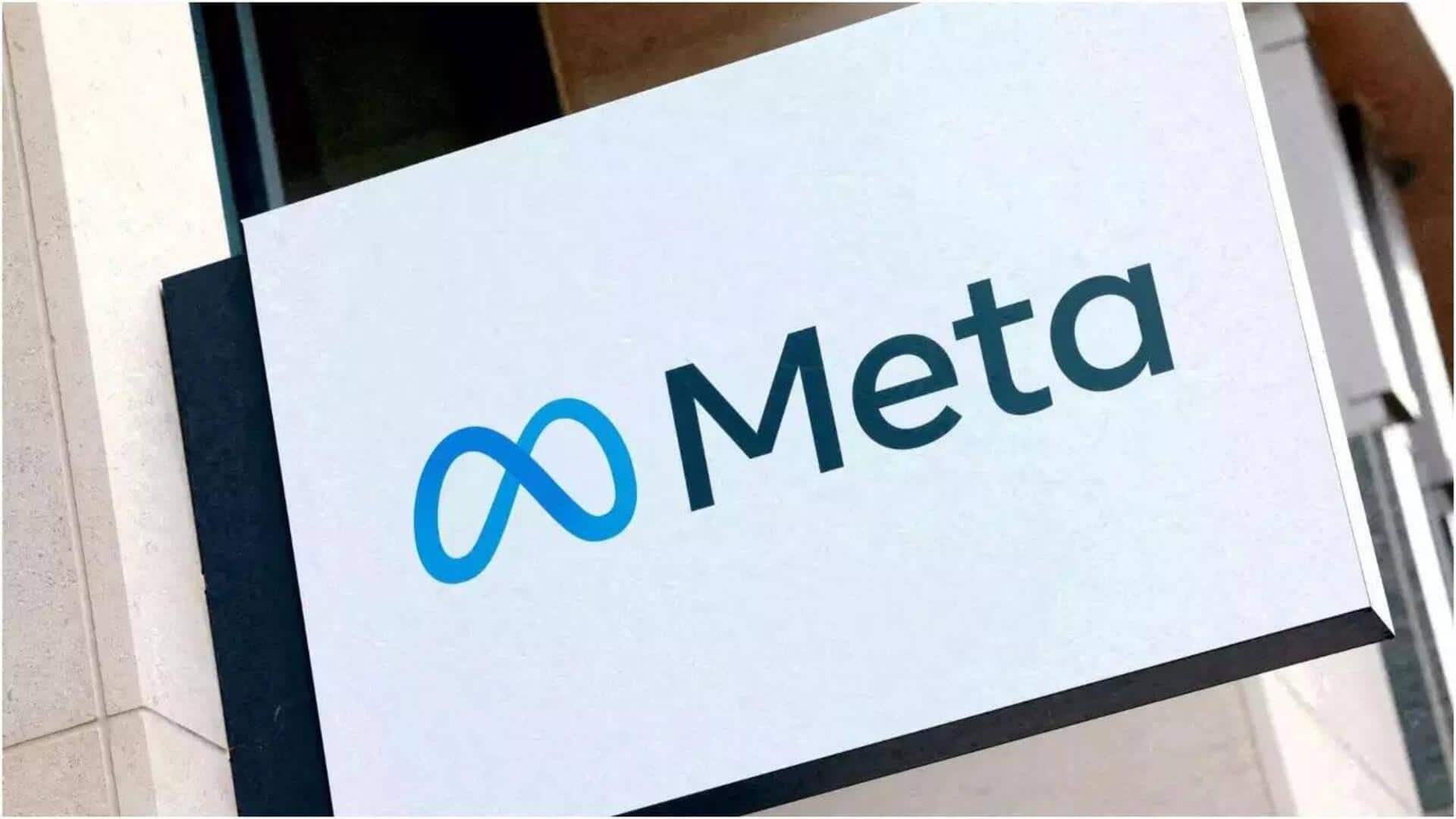
California: Meta, X can't offer 'addictive feeds' to minors anymore
What's the story
In a major development, a federal judge in the US has upheld California's new law, SB 976, effectively dismissing a challenge by tech lobbying group NetChoice.
The law, which prohibits companies like Meta and X from offering "addictive feeds" to minors without explicit parental consent, is now in effect.
This ruling marks a significant shift in the regulation of content delivery to young users within the state.
Law details
SB 976: A closer look at the law
SB 976 defines an "addictive feed" as an algorithm recommending content to users based on their behavior rather than their explicit preferences.
Starting today, companies are prohibited from providing such feeds to any California-based user identified as a minor, unless they have received clear parental consent.
The law also mandates that from January 2027 onward, companies must implement "age assurance techniques" like age estimation models.
Legal battle
NetChoice's legal challenge and partial success
Back in November, NetChoice, a group representing tech giants including Meta, Google, and X, had sued SB 976. The group argued that the law violated the First Amendment rights.
While the judge denied their request for an injunction to stop the law altogether, he did block some of its elements.
Specifically, a provision limiting nighttime notifications for minors was found unenforceable under this ruling.
Legislative trend
Similar legislation enacted in New York
The decision to uphold California's law comes as other states are also taking steps to regulate content delivery to minors.
In June, New York passed similar legislation aimed at protecting young users from potentially harmful online content.
This trend indicates a growing concern among lawmakers about the impact of algorithm-driven content on the well-being of young internet users.